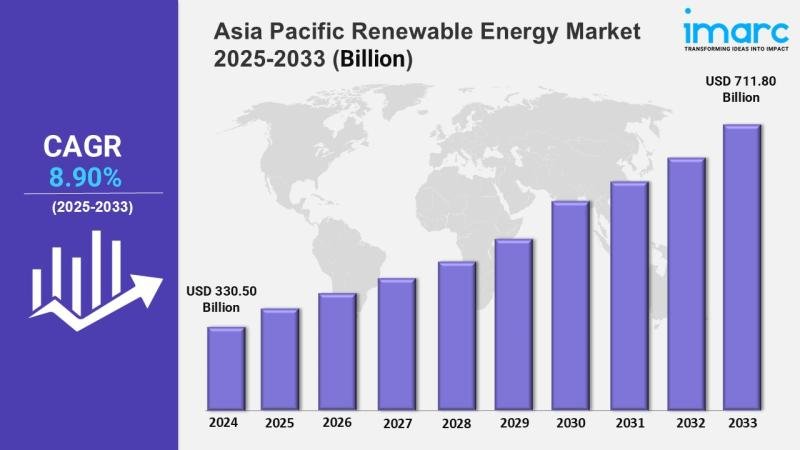India is emerging as a vital source of skilled professionals in the renewable energy sector, according to the India Skills Report 2025. The report highlights a strategic shift towards green sectors, particularly solar and wind energy, as India aims to supply trained workers to meet the global demand.
With a youthful population and government initiatives such as Skill India and the National Education Policy, India is positioning itself to align with international requirements in renewable energy, sustainable development, and technology. The report indicates that regions like Europe, the Gulf nations, Africa, Southeast Asia, and Australia are experiencing a shortage of qualified professionals in these fields.
Countries such as Australia and members of the European Union are heavily investing in clean energy transitions, resulting in an increased demand for experts in solar and wind energy systems. Indian engineers and technicians, who are already involved in global solar and wind projects, are now more sought after than before.
In response, Indian educational institutions are adapting their curricula to include practical training in renewable energy. States like Kerala and Gujarat are leading in skill development initiatives focused on clean energy. Kerala’s ASAP program and Gujarat’s vocational training schemes provide students with hands-on experience in solar energy systems, energy efficiency techniques, and environmental management.
India’s green energy workforce is expanding not only in number but also in its global importance. For instance, African nations are increasingly relying on Indian professionals to assist with solar and off-grid energy projects. Meanwhile, Europe is striving to reduce its energy imports and enhance self-sufficiency through solar and wind initiatives, which has created opportunities for Indian talent.
Additionally, Gulf countries such as Saudi Arabia and Oman are ramping up investments in renewable infrastructure and are eager to recruit skilled technicians, project managers, and energy consultants from India.
The report also forecasts that by 2025, over 50% of India’s secondary and higher education students will receive vocational training tailored to meet global standards in rapidly growing sectors like renewable energy. To support this, India is strengthening its training ecosystems through partnerships among government agencies, private companies, and educational institutions, ensuring that young professionals are well-prepared for international roles.
Beyond exporting skilled labor, the renewable energy sector is becoming integral to India’s domestic employment strategy. As the country works toward its net-zero targets, solar and wind energy projects are generating thousands of jobs in areas such as project design, installation, maintenance, and research. With advancements in digital tools, AI-based training platforms, and accessible international certification programs, India’s workforce in renewable energy is becoming increasingly competitive on the global stage.




